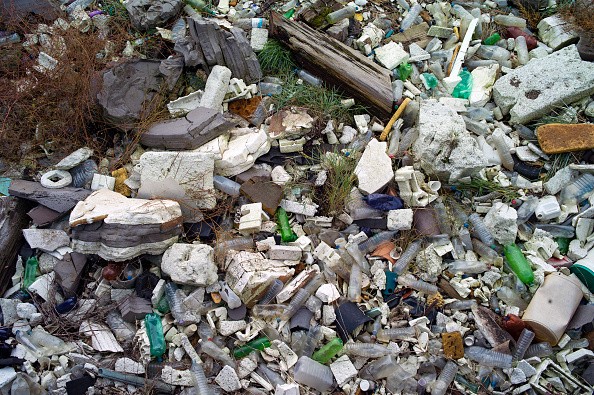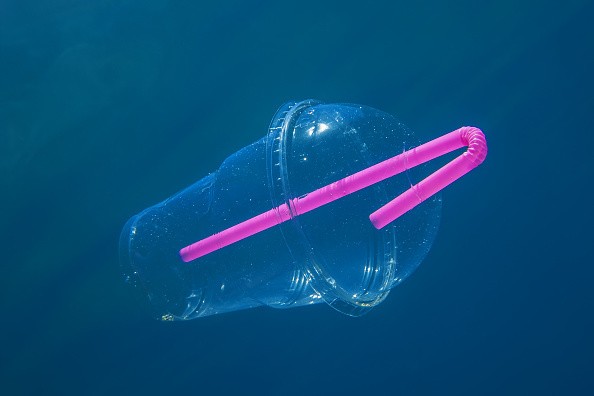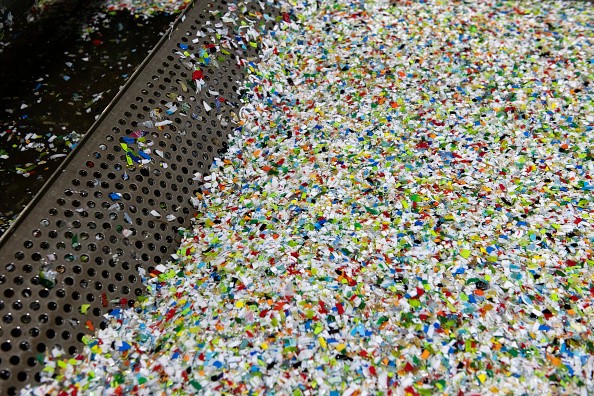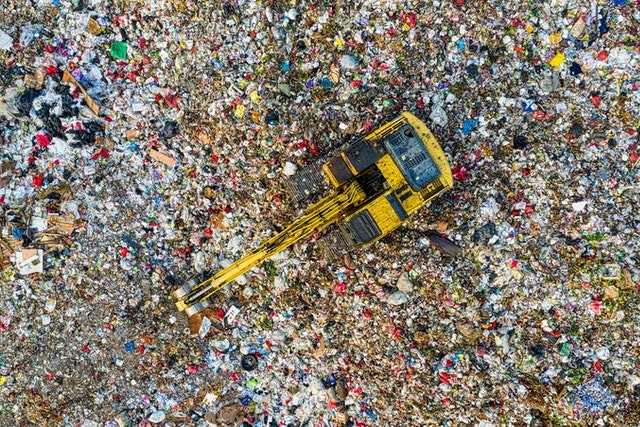
According to a recent study published in Science on July 2nd by researchers from Sweden, Norway, and Germany, current global rates of plastic pollution may unleash impacts that humanity will be unable to reverse.
The authors claimed that, plastic pollution is a global problem, and substantial reductions in plastic emissions to the environment are "the reasonable policy response."
Plastic is Everywhere

From deserts and mountaintops to deep waters and Arctic snow, plastic may be found worldwide. Plastic emissions to the world's lakes, rivers, and seas ranged from 9 to 23 million metric tons per year in 2016, with a comparable quantity discharged to land each year. If business-as-usual scenarios are used, these figures are anticipated to nearly quadruple by 2025.
"Plastic is firmly ingrained in our culture, and it leaks into the environment everywhere, even in nations with well-developed waste-handling infrastructure," says Matthew MacLeod, principal author of the research and professor at Stockholm University.
Even though scientists and the general public have been more conscious of plastic pollution in recent years, he claims that emissions are rising.
Plastic Pollution

Plastic pollution is not only an environmental concern but also a "political and economical" one, according to Mine Tekman, a Ph.D. candidate at the Alfred Wegener Institute in Germany and co-author of the study.
She feels that present remedies, such as recycling and cleanup technology, are insufficient and that the problem must be addressed at its source.
"Everywhere in the globe, technical methods for recycling and removing plastic from the environment are being promoted. As customers, we assume that it would all be recycled automatically if we correctly segregate our plastic garbage. However, plastic recycling has numerous technological constraints, and nations with excellent infrastructure have exported plastic trash to countries with poor infrastructure."
Related Article : Plastic Pollution is Hurting Us in Ways We are Not Expecting
Too Much Plastic

When the amount of plastic emitted exceeds the amount removed by cleanup efforts and natural environmental processes, which occurs through a multi-step process known as weathering, plastic accumulates in the environment.
"There are many distinct mechanisms that cause the plastic to wet, and we've gone a long way in understanding them. However, the properties of plastic pollution are constantly changing due to weathering, which raises new questions, according to Hans Peter Arp, a researcher at the Norwegian Geotechnical Institute (NGI) and Professor at the Norwegian University of Science and Technology (NTNU), who also co-authored the study.
"Because degradation is gradual and ineffective at preventing accumulation," adds Arp, "exposure to weathered plastic will only increase." Because of its continual emissions and environmental permanence, plastic is a "poorly reversible contaminant."
As co-author Annika Jahnke of the Helmholtz Centre for Environmental Research (UFZ) and Professor at RWTH Aachen University, explains, remote areas are particularly vulnerable.
"In remote locations, cleanups will not be able to remove plastic debris, and weathering of large plastic items will inevitably result in the generation of large numbers of micro-and nano plastic particles, as well as the leaching of chemicals that were added to the plastic and other chemicals that break off the plastic polymer backbone. As a result, plastic in the environment is a moving target that is becoming increasingly complicated and mobile. It's difficult, if not impossible, to anticipate where it will accumulate and what consequences it will have."
Environmental Damage

Plastic pollution can create environmental damage on its own through the entanglement of animals and toxic consequences. Still, it can also interact with other environmental stressors in remote regions to generate wide-ranging or even global effects.
Exacerbation of climate change due to disruption of the global carbon pump, biodiversity loss in the ocean where plastic pollution acts as an additional stressor to overfishing, and ongoing habitat loss due to changes in water temperatures, nutrient supply, and chemical exposure are just some of the hypothetical effects laid out in the new study.
Overall, the authors see the possibility that today's plastic pollution would have global-scale, weakly reversible consequences in the future as "compelling motivation" for targeted measures to drastically cut emissions.
"Right now, we're putting a growing quantity of poorly reversible plastic pollution into the ecosystem. We haven't seen widespread evidence of negative repercussions yet, but if weathering plastic becomes a serious problem, we won't be able to reverse it," MacLeod warns.
"Ignoring the building of chronic plastic pollution in the ecosystem may come at a high price. So the reasonable thing to do is to take action as soon as possible to decrease plastic emissions into the environment."
For more environmental news, don't forget to follow Nature World News!
© 2025 NatureWorldNews.com All rights reserved. Do not reproduce without permission.





